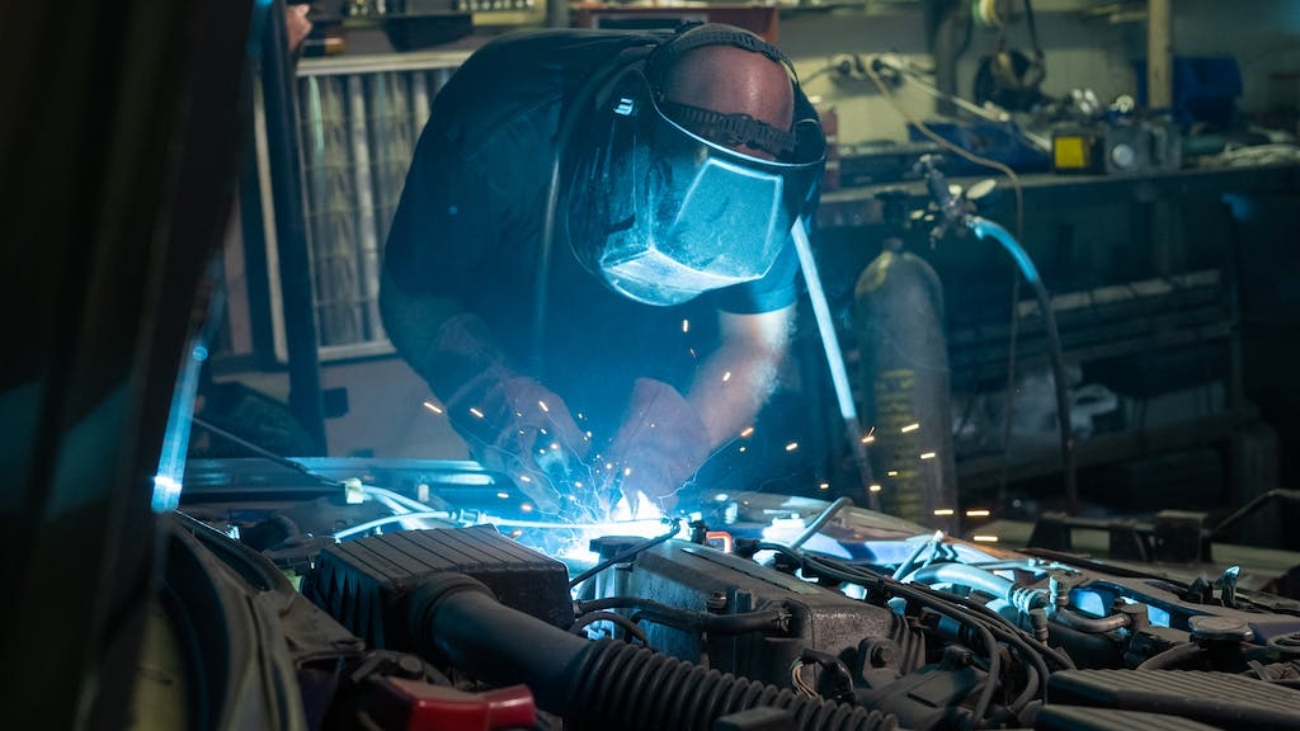Maintaining your car is important to ensure its longevity and performance. Proper maintenance practices save you money on costly repairs and provide a safe and smooth driving experience. This article will discuss some effective auto maintenance practices every car owner should follow.
Regular Oil Changes
Regular oil changes are necessary to keep your car’s engine running smoothly. The engine oil lubricates the moving parts, reduces friction, and prevents excessive wear and tear. Changing the car’s oil every 3,000 to 5,000 miles or per the manufacturer’s guidelines is recommended.
Tire Care
Proper care of your car’s tires is vital for safety and performance. Check the tire pressure and ensure they are inflated to the recommended level. Inspect the tires for wear or damage and rotate them every 5,000 to 7,000 miles to ensure even tread wear.
Brake System Maintenance
Maintaining a well-functioning brake system is important for your safety on the road. Inspect the brakes and replace them when they wear out. Additionally, have your brake fluid checked and replaced if necessary. Properly functioning brakes will ensure quick and efficient stopping power, preventing accidents.
Battery Maintenance
A dead battery can leave you stranded. Regularly inspect your car battery for corrosion or loose connections to avoid this inconvenience. Clean the battery terminals and make sure they are tightly secured. Having a professional check the battery regularly is also a good idea.
Fluid Checks
Inspecting and maintaining other essential fluids in your car is equally important. Regularly check the levels and condition of the coolant, transmission fluid, power steering fluid, and windshield washer fluid. Ensure they are at the recommended levels and replace or top up as needed.
Air Filter Replacement
The filter keeps dirt, dust, and other particles from entering the engine. Over time, the filter gets clogged, restricting airflow and reducing engine performance. Check and replace the filter every 12,000 to 15,000 miles or as the manufacturer recommends.
Regular Inspection
Regularly inspecting your car for any signs of damage or wear is essential. Pay attention to the belts, hoses, and electrical system. Look for unusual noises, leaks, or warning lights on the dashboard. Addressing these issues can prevent major breakdowns or expensive repairs.
Following auto maintenance practices is crucial for the longevity and performance of your vehicle. Reeffective member to consult your car’s manual and seek professional help when needed. You can enjoy a smoother and safer driving experience by giving your car the care it deserves.

